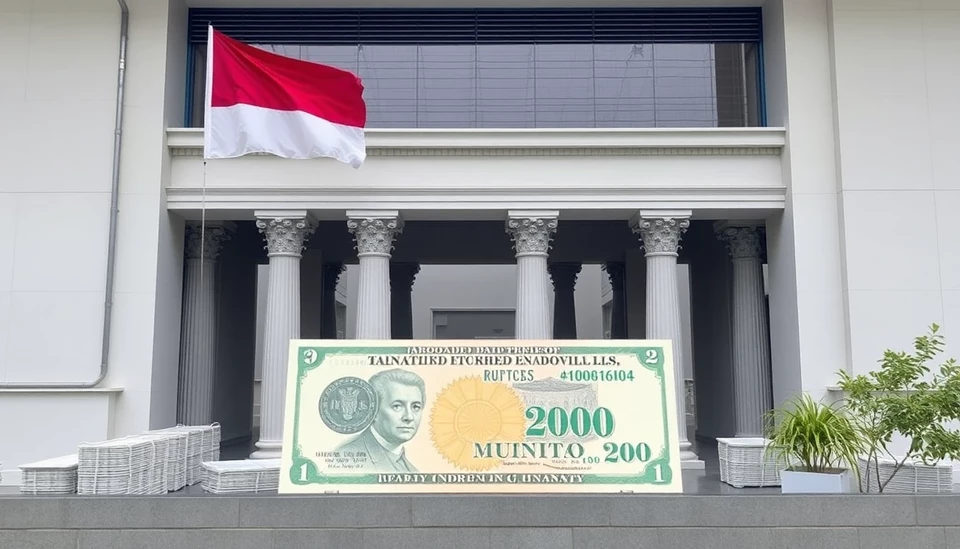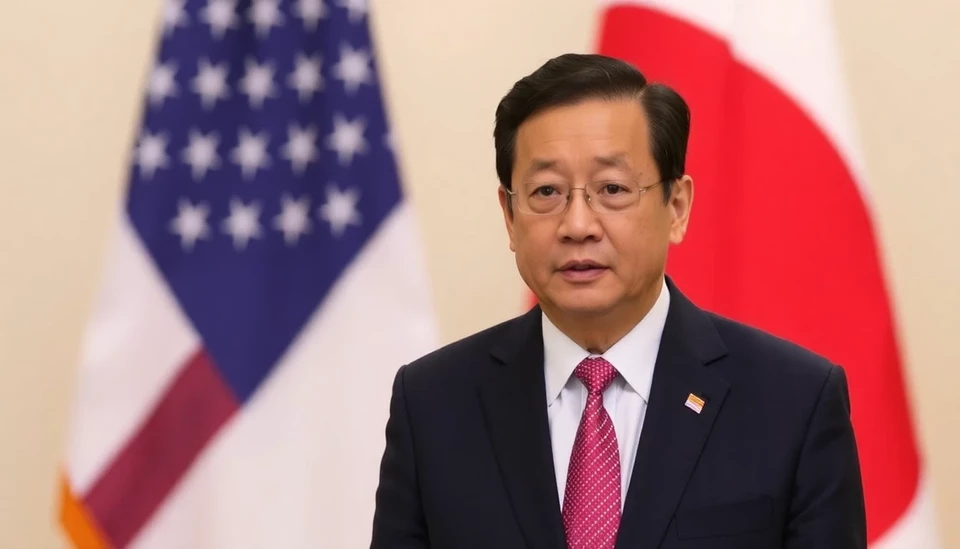
In a critical move to stabilize its currency, the Bank of Indonesia has decided to maintain its key interest rate at 5.75%. This decision comes amidst growing concerns related to the declining value of the Indonesian rupiah, which has faced significant pressure due to external economic factors and internal inflationary challenges. The central bank's decision reflects a commitment to bolstering the currency and ensuring economic stability within the country.
The Indonesian rupiah has recently shown volatility, adversely affecting import prices and potentially stoking inflation. By keeping the interest rate steady, the Bank of Indonesia aims to provide a conducive environment for the local currency while also attracting foreign investment, which is crucial for the country’s economic growth. Analysts believe that maintaining the rate will help counteract the depreciation of the rupiah, which has been exacerbated by a stronger US dollar and shifts in global financial markets.
In the context of global economic turbulence, the Indonesian government is keenly aware of the risks associated with rising import costs that could result if the rupiah continues to weaken. This situation has prompted the central bank to adopt a vigilant stance on monetary policy, ensuring that any future rate adjustments will be in line with maintaining currency strength and controlling inflation.
Governor of the Bank of Indonesia, Perry Warjiyo, has indicated that the central bank will remain alert and responsive to various economic indicators. The bank's strategy will also include careful observation of developments in the US economy, as well as regional economic trends that could affect Indonesia. Moreover, the central bank is open to utilizing foreign exchange reserves to stabilize the rupiah if necessary, showcasing its readiness to act for economic wellbeing.
Market reactions to the Bank of Indonesia's decision have been largely positive, with investors responding favorably to the stability that the maintained interest rate signifies. The outlook for Indonesia's financial markets remains cautiously optimistic, as the central bank's proactive measures are seen as a strong foundation for navigating potential economic headwinds ahead.
Overall, Indonesia's decision to hold the key interest rate underscores the balancing act the central bank faces between fostering economic growth and maintaining currency stability. As the nation continues to grapple with global economic dynamics, the commitment to a steady interest environment will be crucial for both investors and consumers alike.
As the year draws to a close, all eyes will be on Indonesia as it grapples with multiple challenges and opportunities in a rapidly changing global landscape.
#Indonesia #Rupiah #InterestRate #BankOfIndonesia #EconomicStability #CurrencyStrength
Author: Laura Mitchell




